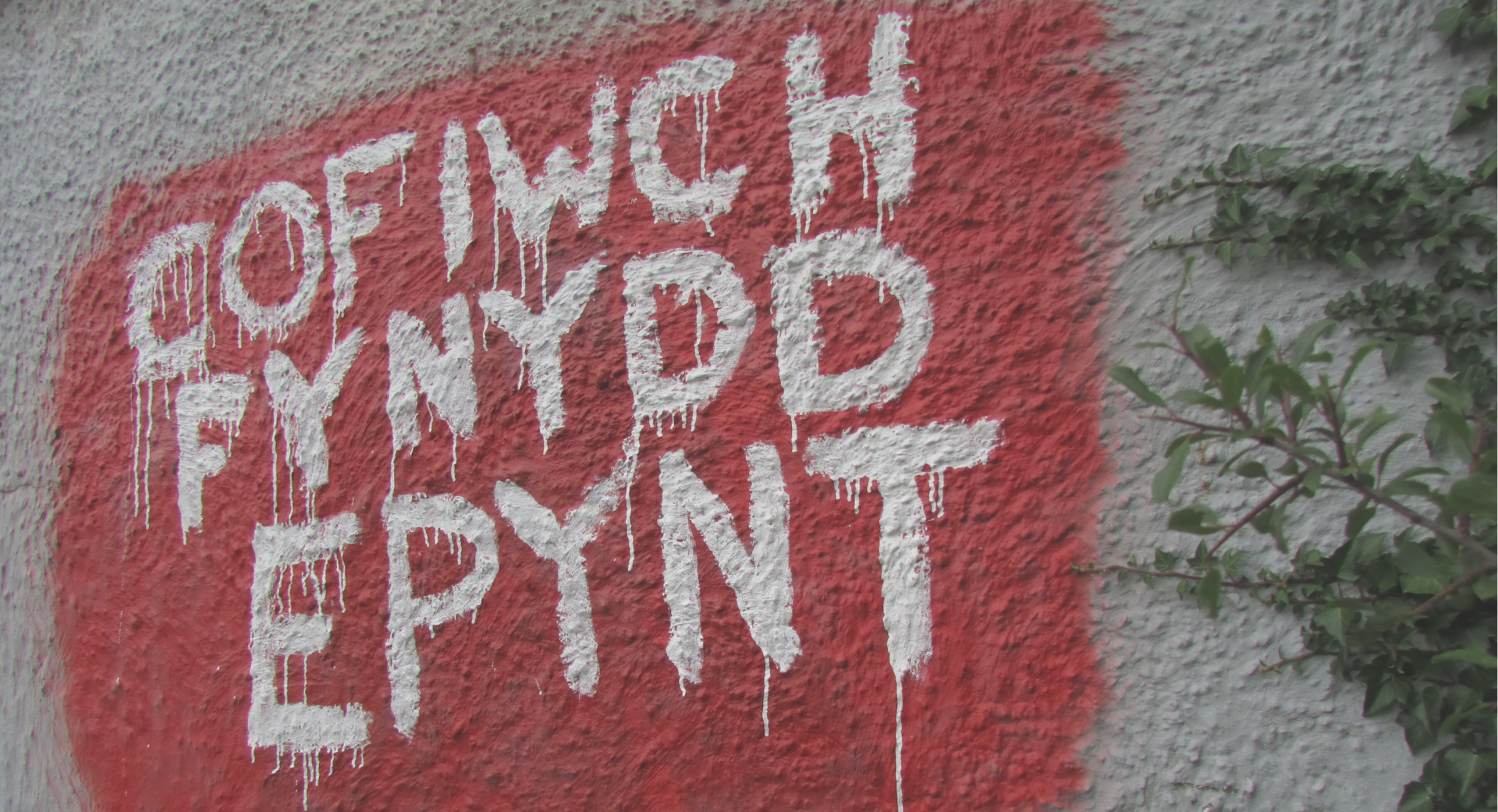30.6.20
Now only shells
till the soil at Llwynteg- ucha,
at Waunlwyd, Abercriban and Cwm Car…
Epynt’s the haunt of artillery now;
a red flag of warning flutters
where a white sheet in a field would call a neighbour once,
from Gelli Gaeth, Ffrwd Wen or Ddôl Fawr.
No-one will warm Babell chapel
before the Christmas matins any more;
stable-lamps will not write their paths
through night-time fields,
from Blaenysgirfawr, Cefncyrnog and Tir Bach.
For the ploughshares were beaten into swords
and pruninghooks made into spears,
so that war might be learnt here
at Ffos yr Hwyed and Gwybedog,
at Carllwyn and Llwyn onn…
But though that forgotten threat
re-echoes through Breconshire still,
with no sign of ceasefire
in Blaenegnant Isa,
Cefn Ioli, or Disgwylfa,
we’ll keep those old names lit like lamps,
continue tilling our memories from afar,
and we’ll sing in our tabernacle of testimony,
of Pant mawr and Rhyd y maen,
of Brynmelyn and Brynmeheryn…
Beili Richard and Blaentalar…
Llawrdole and Llwyn Coll…
Ifor ap Glyn
Bardd Cenedlaethol Cymru | National Poet of Wales
(In June 1940, 219 Welsh people were turned out of their homes on the Epynt to create a firing range. The school at Cilieni and Babell chapel were closed; 54 farms were lost- a whole community…)
